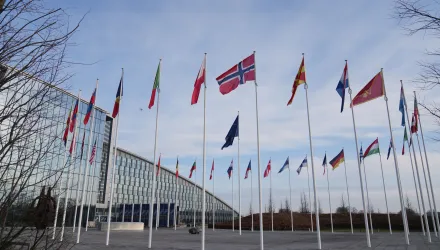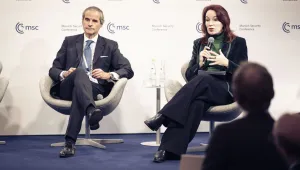Curbing Nuclear Latency: How International Agreements Promote Benign Nuclear Assistance
Does civil nuclear assistance increase the risk of nuclear proliferation? Previous scholarship that suggests a positive correlation between civil nuclear assistance and nuclear weapons proliferation explains only the first half of the nuclear era, roughly until the mid-1970s, and does not reflect significant changes made to the world’s nuclear export environment. After India carried out a nuclear test in 1974, the international community established the Nuclear Suppliers Group (NSG), a multilateral nuclear export control regime, to regulate civil nuclear assistance. Since then, the NSG has been effective in curbing sensitive nuclear assistance (the transfer of uranium enrichment and plutonium reprocessing technologies), which allows recipients to acquire “nuclear latency.” Kim argues that civil nuclear assistance does not increase nuclear proliferation as long as sensitive nuclear assistance that contributes to nuclear latency is prevented. By facilitating cooperation among states in curbing such assistance, the NSG has successfully promoted benign nuclear assistance.



